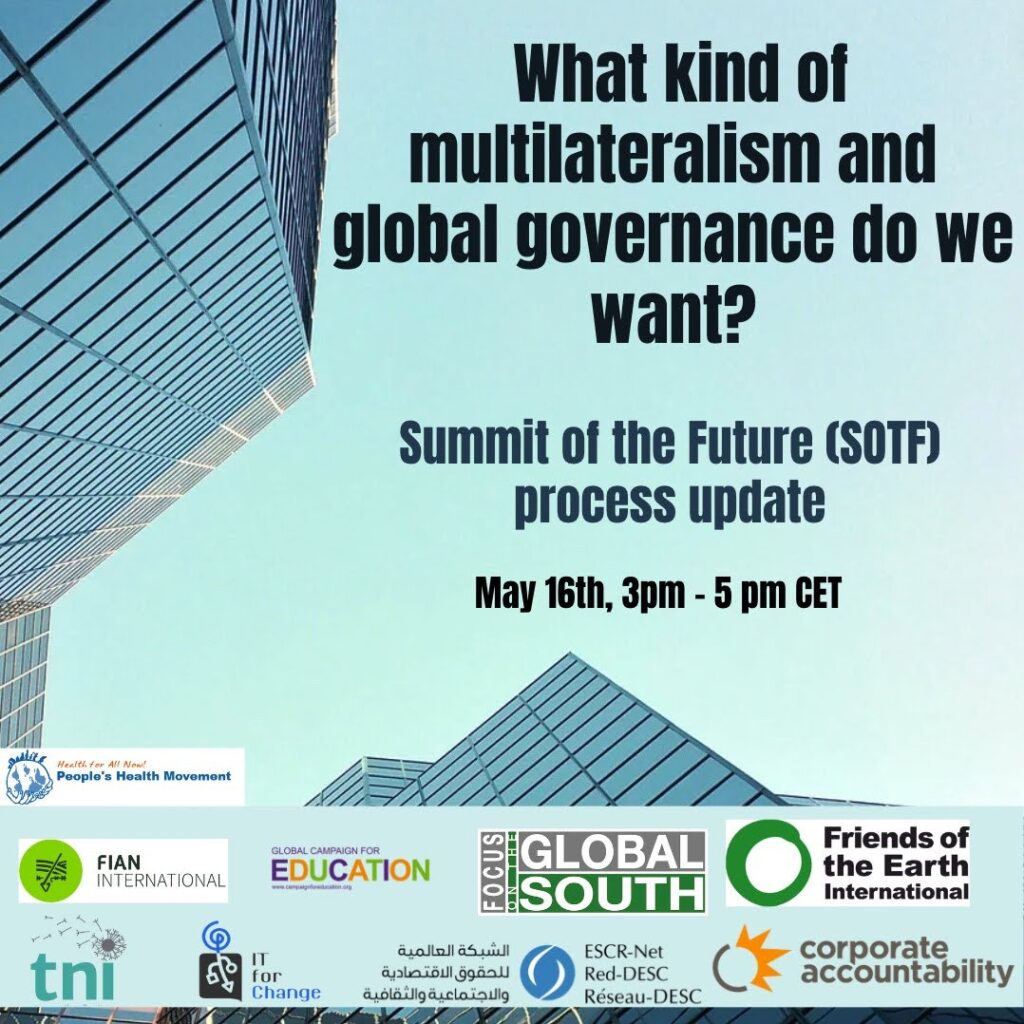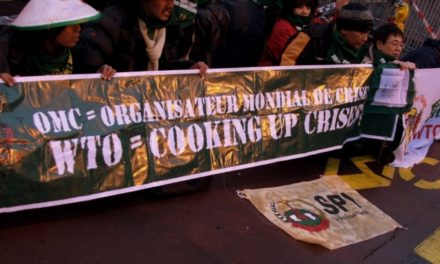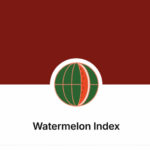There are calls as well for new multilateralism in trade governance. These calls and demands come in the wake of the failures of the existing trade regime to address issues of rising inequality, wealth concentration, destruction of the environment and the climate crisis, and worsening human rights violations.
The Covid pandemic has also further exposed vulnerabilities- of public health systems, of global supply chains, of over dependence on imports–in times of global emergencies.
On the other hand we have witnessed trade wars between the US and China and the geopoliticization and weaponization of trade. And There’s an increased emphasis as well on the nexus of trade, economic and national security issues- from access to critical raw materials, financing, and new technologies. A big part of this agenda is driven by the increasing power and leverage of China and fears not just of its economic dominance but its military capabilities. The United States is pushing its Indo-Pacific Economic Framework for Prosperity (IPEF), and the EU has its Global Gateway initiative, strategies meant to consolidate and advance their own economic agenda in the wake of multiple crises.
The multilateral trading system under the World Trade Organization has also been plagued by crises of legitimacy and relevance. A reform agenda is being pushed along pathways of resilience, deeper integration.
That the world is in crises is hardly debatable. There is in fact wide acceptance that the system is either bent, fractured or completely broken. The key point of contention now however is how to fix it or transform it ; who will take the lead in fixing it? Whose interest will the reform or transformation agenda serve?
On WTO reforms, the International Chamber of Commerce for example has advanced what it calls Global Business priorities for the WTO, a set of reform proposals to “write new rules to ensure that the WTO continues to serve the needs of the businesses- the ultimate end users of the global trading system.”
In all of these we are witnessing in fact a growing skepticism towards globalization policies and many are in fact asking is globalization dead? Yet Key global institutions like the WTO, IMF, World Bank, ADB, the World Economic Forum and big business media outlets like Bloomberg, the Economist, among others have all over the last couple of years released reports arguing that globalization is not dead but is changing and/or needs a reset.
So the narrative that is being advanced is that globalization itself needs to change in order to respond to multiple crises and challenges of inclusivity, climate change, regional and global conflicts, rising prices, rising inequality.
In the last few years, we’ve seen an aggressive push for re-globalization couched in nice rhetoric. The call is for a renewed focus on interconnectedness and international cooperation and trade. How we all must work together to extend trade integration to more people and make it more inclusive.
The reglobalization agenda is being sold using buzzwords and phrases like shared prosperity, economic efficiency, reducing risks (de-risking), building economic resilience, diversification, friendshoring, securing supply chains, Inclusive trade/ support for micro, small and medium enterprises (MSMEs), enhanced international cooperation, economic security,worker-centric development, women and economic empowerment and ESG (environmental, social and governance). All masking the fact that at the core, the agenda that is being pushed is the same discredited corporate driven agenda that has failed to address the root causes of the multiple crises we are facing.
A big selling point are the so-called new areas of dynamism in international trade, namely digital trade (including technology and innovation agenda), greening trade or the agenda behind expansion of trade in environmental goods and services, and inclusive trade or the agenda to increase participation of MAMEs in global value chains.
But the agenda around these new areas are almost wholly about market access, investments, maximizing potentials and opportunities, and none about regulations, about addressing negative impacts, nor on equal benefits or benefits sharing , nor on the issue of human rights violations and corporate accountability.
As trade justice campaigners, we are critical of this re-globalization agenda being pushed as the solution to the broken economic system. Our task is to unpack this agenda and challenge it at both the national and global spaces as part of our continuing campaigns for trade justice and corporate accountability.
As campaigners we’re also watching closely and critically the developments in the Summit of the Future (SOTF) and how the so-called pact of the future reinforces this agenda of re-globalization and corporate driven multilateralism.


![[CSIPM] Civil society and Indigenous Peoples’ organisations demand a globally coordinated policy response to tackle food crisis](https://focusweb.org/wp-content/uploads/2022/09/Front-cover-of-the-report-440x264.png)







